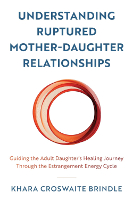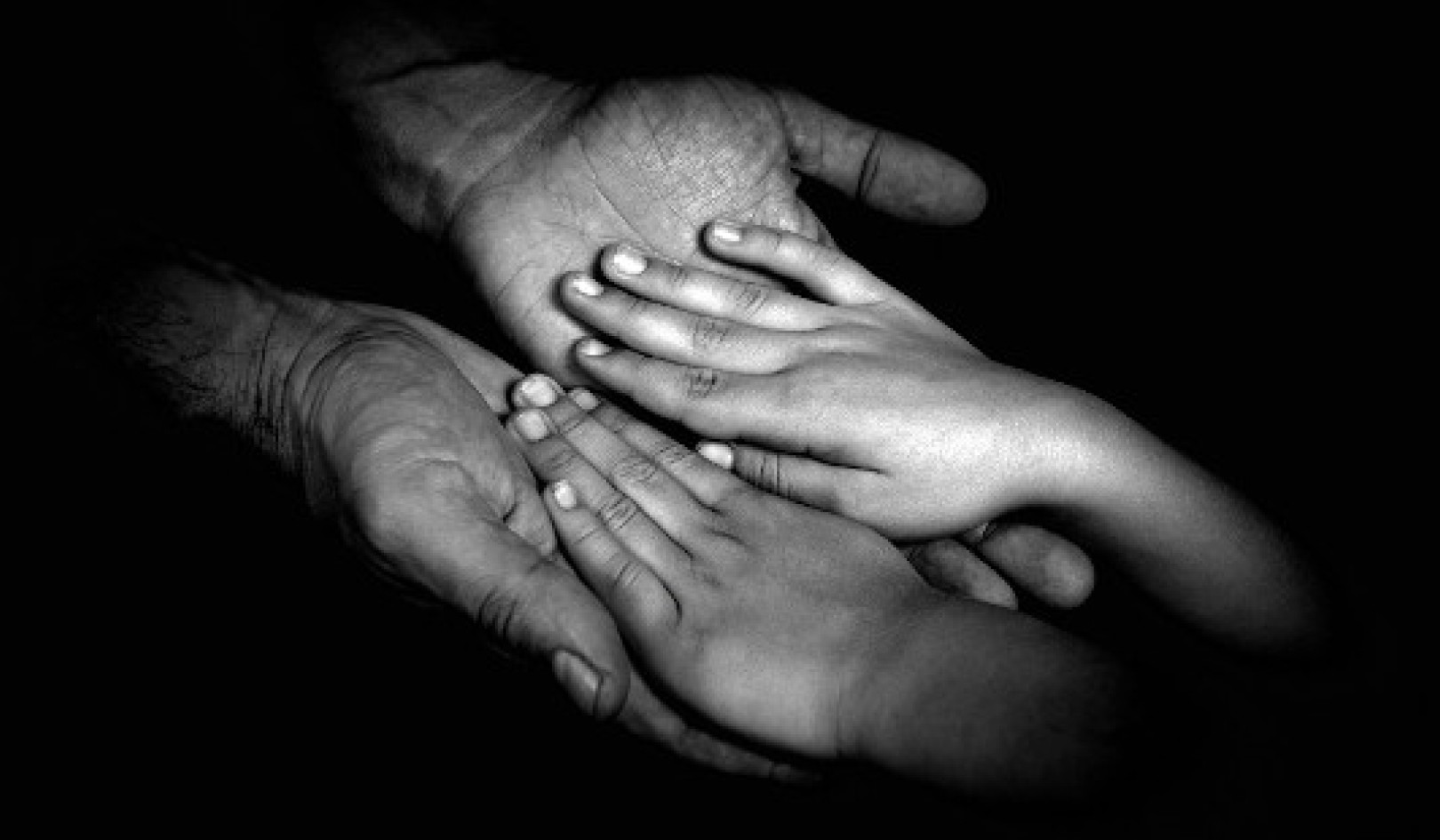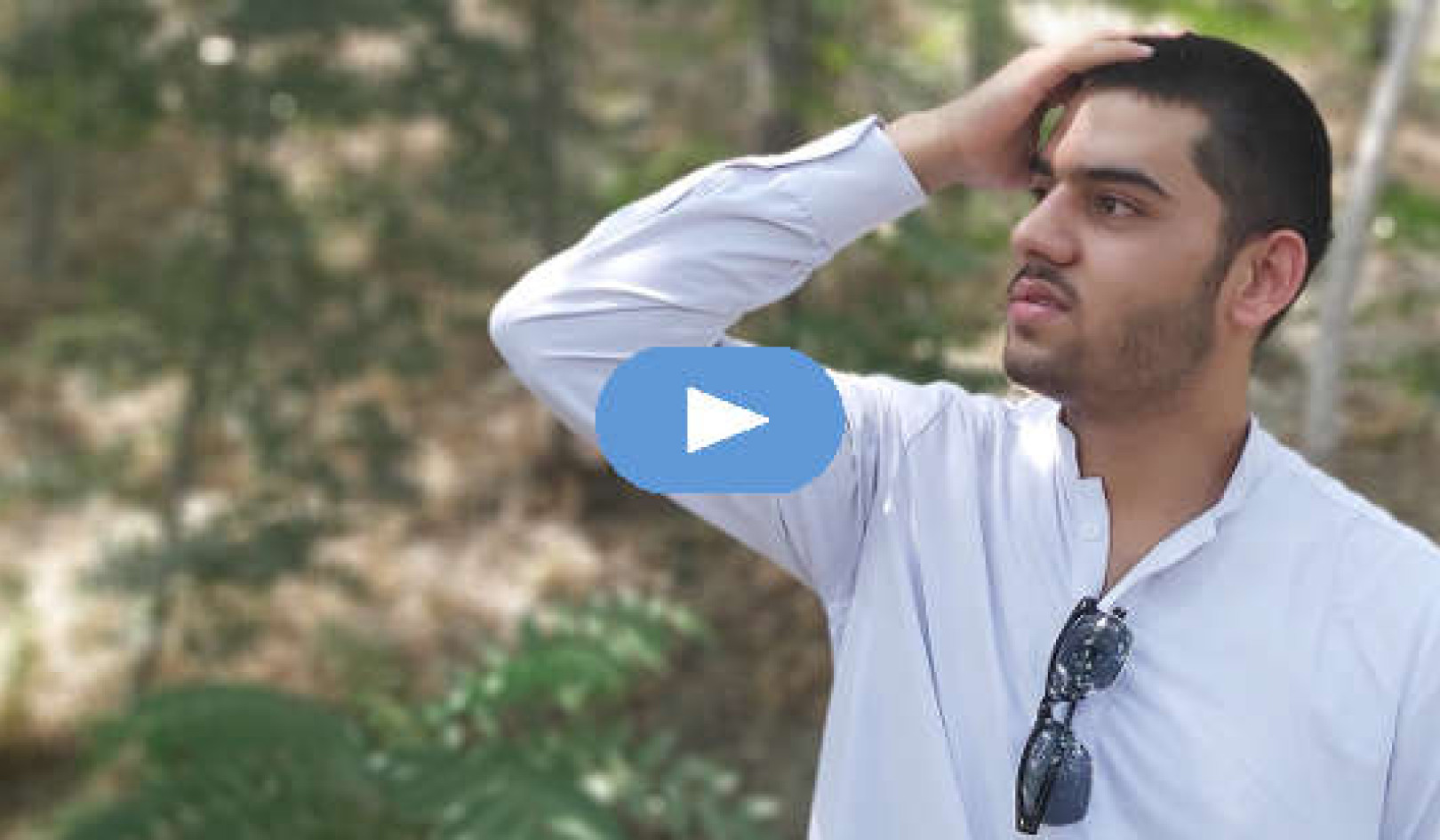
Image by Svetlana Chernyshkova
As a parent of an estranged adult child attempting to repair the rupture and reconcile, what do you need to consider or do to make that happen? What needs to be in place for your reconciliation efforts to be successful?
Let’s explore four measures that will help support your process of reengaging your adult child.
1. Identifying readiness to reengage
Consider the following tough questions regarding your readiness to reconcile with your adult child:
Why do you want to reconcile?
Being honest with yourself is the first step. Do you want to repair the relationship? Do you want to feel heard and validated in your choices? Are you looking to get even? Do you want a relationship with your grandchildren? There are any number of reasons why a parent wants to reconcile, and being prepared with a response for yourself and your estranged adult child should they ask is an important first step.
What are your expectations of the reconciled relationship?
As humans, it’s not uncommon to hear folks say they want everything to go back to the way it was, or to start over — both of which would be problematic for the estranged adult child. The adult child made this choice because something wasn’t right. Going backward or to sameness would be a significant issue for them. What do you want the reconciled relationship to look like? Recognize that the relationship could be better or worse, but most likely just different.
What steps will you agree to for reconciliation?
As you attempt
to reengage your adult child, what offerings or compromises can you accept? Are you open to phone calls to start? Are you willing to have a relationship with your daughter-in-law but not speak to your estranged son? Are you pursuing a relationship with your grandchildren, even if it means you aren’t on speaking terms with their mother? Knowing your own boundaries in the reconciliation process will help both you and your adult child navigate the testing phase of reconciliation.
What can you take responsibility for?
In other words, have you done your own reflection of what happened? Are you prepared to accept your adult child’s accusations and avoid arguing? Can you clearly name the offending actions? Are you clear on prioritizing repair of the relationship over determining whose memories of events are accurate?
Some will say reconciliation is possible when parents own their behavior and acknowledge their adult child’s experience. Although tempting, arguing about the accuracy of memories of trauma or abuse isn’t helpful. This is the adult child’s experience as they know it. Even though you may remember something completely different, arguing about what happened will further drive the wedge between you and your adult child.
Instead, consider family therapy to help focus on the future instead of the past. Be accepting of your adult child’s hurt and resulting caution in wanting to proceed slowly to see if the relationship is mendable. Be prepared for tests from them to determine your truthfulness and authenticity. It’s important to emphasize that reconciliation can take years.
2. Pinpointing parent dynamics
What happens when the other parent is still talking to their estranged adult child? Is this a good idea? In my experience, it’s rare to have one parent in contact with their estranged adult child because of the assumed unification between parents who are still in a committed relationship with one another. Your estranged child might worry that their information will be shared with the parent with whom they’ve chosen not to be in contact.
The experience of one parent remaining in contact may be more common with divorced parents because lives are separate. In this situation, an adult child might feel it’s safer to connect with one parent without the risk of information being shared with the other without their consent.
3. Recognizing shared grief
It may be difficult to imagine that your adult child is experiencing their own grief and loss reaction in response to the estrangement, but they are. Although they may look calm, even relieved, grief responses and symptoms to the estrangement can include post-traumatic stress symptoms for weeks or months after. Adult children report symptoms of sadness, helplessness, anger, and shock when choosing estrangement. Unlike grief and loss as the result of a family member’s death, grief associated with estrangement doesn’t provide a sense of finality or closure.
This experience of grief emphasizes how difficult the decision to become estranged from a parent can be, especially when the adult child has had to weigh among several hard choices to protect their physical or mental health.
4. Supporting self-awareness
A significant part of reconnecting with your adult child or healing and moving toward acceptance of the estrangement is doing your own work. How can you gain clarity on the part you played in the relationship rupture? What contrasting evidence do you have for healthy familial relationships? Where can you bridge the gaps to show up as your healthiest, authentic self for possible reconciliation? What reframes can you discover in the estrangement to help you heal?
Pursuing enhanced self-awareness is a critical part of the process of learning how to live with estrangement. Although we can’t predict the final outcome, the hope is that any self-awareness work will be of benefit, regardless of the final relationship status with your adult child.
As a parent of an estranged adult child, you ride waves of uncertainty about whether reconciliation is possible. Your efforts to reflect and grow from the estrangement can be empowering, while also supporting reconciliation with your adult child should they choose to explore repairing the relationship. Although we can’t predict your outcomes, reconciliation is possible if both parties come in with authenticity and open hearts.
Copyright 2024. All Rights Reserved.
Book by this Author:
Understanding Ruptured Mother-Daughter Relationships
by Khara Croswaite Brindle.
 How can therapists feel prepared to address the possible treatment focus of ruptured maternal relationships in the therapeutic space? Depending on the client, the goal of therapy may be to repair an estranged maternal relationship or to finalize parental estrangement and redefine themself. This book focuses on identifying the estrangement cycle for clinical application with adult women clients by mental health professionals. It provides clinical tools to address the challenges of estrangement and adjustment needs of these clients within the spheres of personal identity, relationships, and grief and loss to promote personal growth and healing in the therapeutic space. It also engages readers by illustrating different stages of estrangement through client vignettes and by providing practical tools for mental health professionals to create a supportive and nonjudgmental space. With this resource, clinicians and clients will feel better equipped with the skills needed to tackle the emotional rollercoaster that is Estrangement Energy.
How can therapists feel prepared to address the possible treatment focus of ruptured maternal relationships in the therapeutic space? Depending on the client, the goal of therapy may be to repair an estranged maternal relationship or to finalize parental estrangement and redefine themself. This book focuses on identifying the estrangement cycle for clinical application with adult women clients by mental health professionals. It provides clinical tools to address the challenges of estrangement and adjustment needs of these clients within the spheres of personal identity, relationships, and grief and loss to promote personal growth and healing in the therapeutic space. It also engages readers by illustrating different stages of estrangement through client vignettes and by providing practical tools for mental health professionals to create a supportive and nonjudgmental space. With this resource, clinicians and clients will feel better equipped with the skills needed to tackle the emotional rollercoaster that is Estrangement Energy.
For more info and/or to order this book, click here. Also available as a Kindle edition and as a Hardcover.
About the Author
 Khara Croswaite Brindle is a licensed mental health therapist in private practice in Denver, Colorado. She holds various roles, including financial therapist, TEDx Speaker, burnout consultant, author, and professor. Her new book is Understanding Ruptured Mother-Daughter Relationships: Guiding the Adult Daughter’s Healing Journey through the Estrangement Energy Cycle (Rowman & Littlefield, July 1, 2023).
Khara Croswaite Brindle is a licensed mental health therapist in private practice in Denver, Colorado. She holds various roles, including financial therapist, TEDx Speaker, burnout consultant, author, and professor. Her new book is Understanding Ruptured Mother-Daughter Relationships: Guiding the Adult Daughter’s Healing Journey through the Estrangement Energy Cycle (Rowman & Littlefield, July 1, 2023).
Access therapeutic tools for adult daughters at estrangementenergycycle.com.























